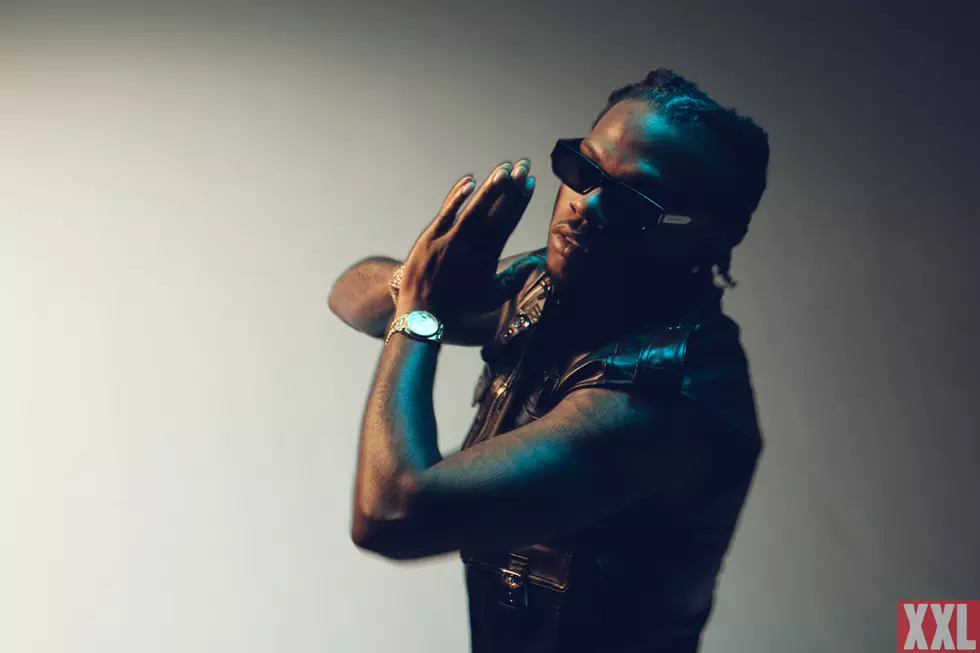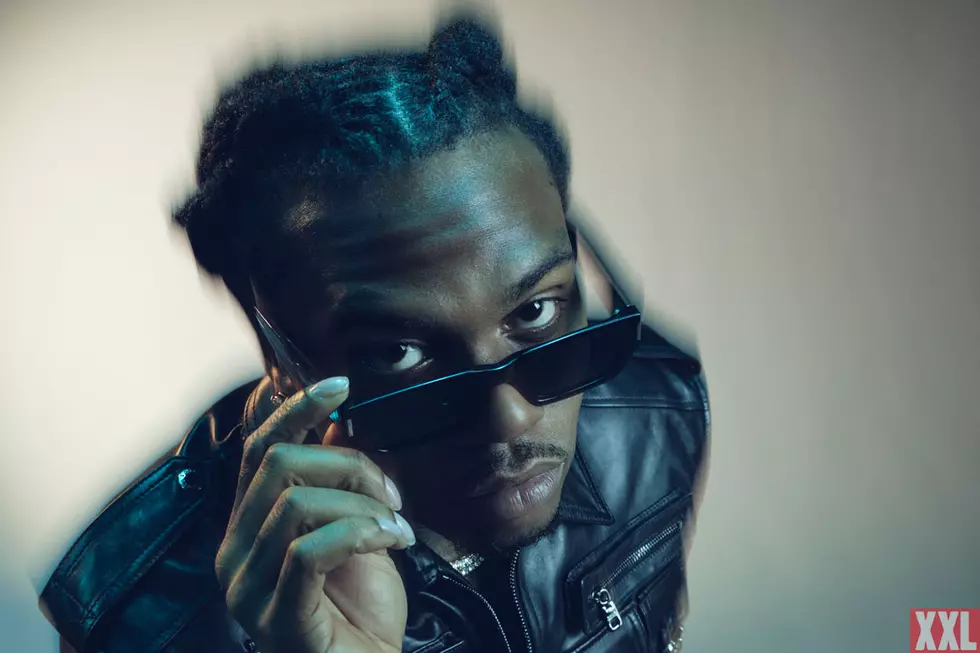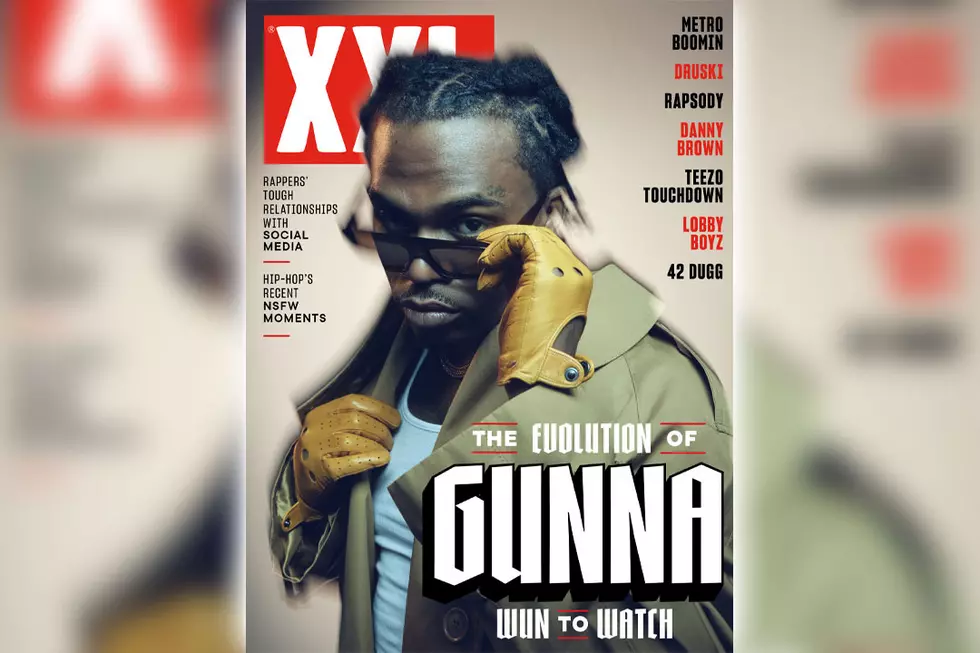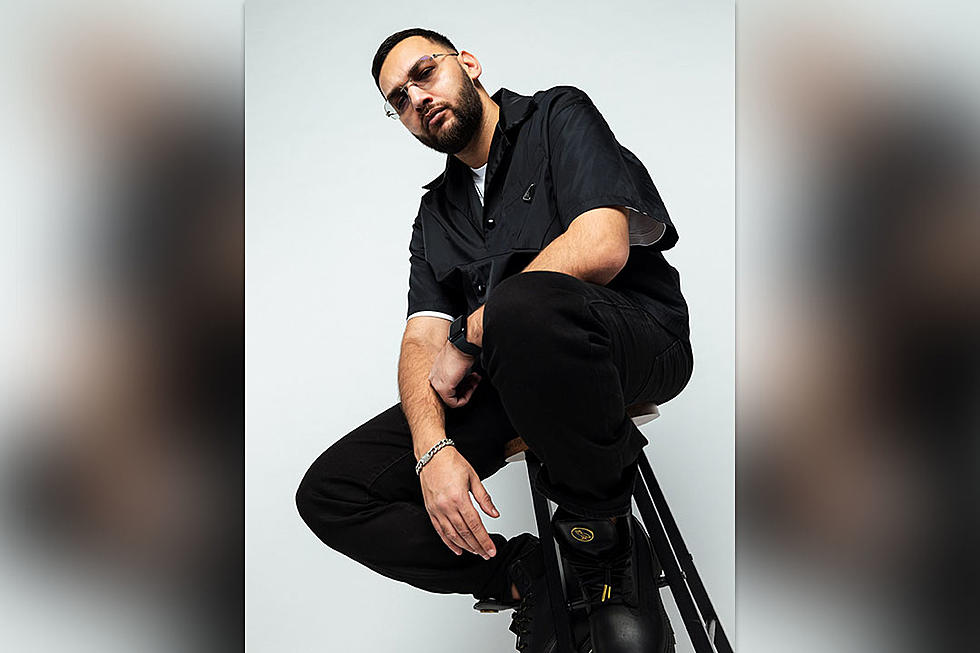Gotta Find a Way
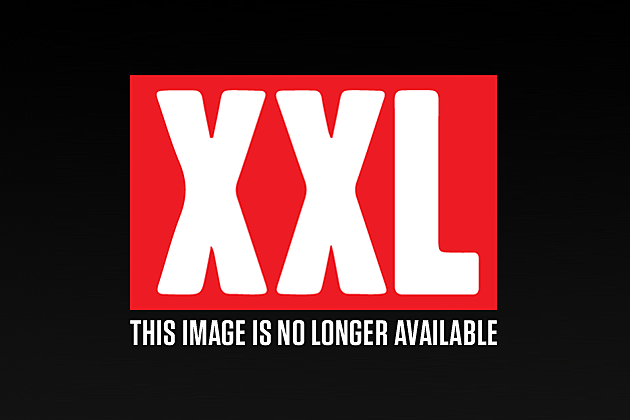 “You can’t get in such a huge vehicle like this and just expect it to fucking work for you all the way through.”
“You can’t get in such a huge vehicle like this and just expect it to fucking work for you all the way through.”
Gene “Malice” Thornton is a realist. Lounging around a plush orange pool table in the common room of a grand, neo-classical mansion, he’s resigned to the reality of the music industry—for better or for worse, this is the profession he’s chosen. “We’re accustomed to shit like this,” he continues. “From the very beginning, we could tell you all sorts of stories about how it was almost this and all of a sudden it just turned to shit. You just got to have patience, take it day by day and know there ain’t no guarantees, just make the most of it. This is the game, like it or not.”
“A lot of dudes fall off,” says Malice’s younger brother Terrence, who goes by “Pusha T.” Together, the Thornton brothers, 32 and 28, make up the Virginia Beach rap duo the Clipse. Pusha continues, “But those are the same dudes who don’t love the game, who don’t love this as an art form. Who don’t know the Paid in Full album back and forth. That’s the only thing I have any faith in: what we do when we sit down and write. The rest of this shit is out of our hands.”
Malice concurs. “You’re not even mad or bitter at any one person,” he says, over the crack of the cue ball. “You understand it’s the game.”
Pusha chalks his stick, surveys the leave, and nods. “But the problem is getting them to understand. Like, ‘Listen, you’re holding something up right now.’ Something for real, it ain’t no bullshit.”
 The big time is so close, the Clipse can feel it. They can feel it, and see it, and smell it, too. It’s in the blue lights that shimmer over the swimming pool in the mansion’s back yard. It’s in the salty air floating in from where the Chesapeake Bay laps at the edge of the lawn. It’s in the Greek statues and modernist furniture, in the life-size Superman mannequin and the five-foot-long Millennium Falcon replica—the eclectic home décor that says, I’m a star, I won’t be defined, and I’m ready for my close-up, Cribs.
The big time is so close, the Clipse can feel it. They can feel it, and see it, and smell it, too. It’s in the blue lights that shimmer over the swimming pool in the mansion’s back yard. It’s in the salty air floating in from where the Chesapeake Bay laps at the edge of the lawn. It’s in the Greek statues and modernist furniture, in the life-size Superman mannequin and the five-foot-long Millennium Falcon replica—the eclectic home décor that says, I’m a star, I won’t be defined, and I’m ready for my close-up, Cribs.
The Clipse get a good taste of this kind of success, because this is the house where Pusha T stays—often by himself—and where Malice spends a lot of his time. And yet, this is not their place, not their stuff. This is the house of their close friend, producer and Star Trak label head Pharrell Williams of the Neptunes. And though the celebrity mix-man, songwriter, hook singer and style icon is often away globetrotting, his house serves as a constant reminder of the rewards that music-biz superstardom can bring.
It’s not that things haven’t been pointing in the right direction for the Clipse, former cocaine dealers who switched to rap just a few short years ago. The duo’s Neptunes-produced debut, Lord Willin’, earned a warm reception when it arrived in 2002. Hip-hop fans fell in love with singles like the much-imitated “Grindin’” and the thrilling “Cot Damn.” And while the album fell just short of platinum sales, its impact was enough to make everyone—the Clipse; Star Trak; Star Trak’s parent label, Arista; the critics; the streets—view the group’s follow-up as one of 2004’s most eagerly antici-pated hip-hop releases.
But if you’re swift enough to know that it’s now 2005 and no Clipse follow-up has been released, then you can probably also surmise that things haven’t gone exactly according to plan. Back in late 2003, work was progressing smoothly on the new record. It was far enough along to have been given a name, Hell Hath No Fury, and the group even sat in on some early strategy sessions between L.A. Reid, then president of Arista, and their powerful new manager, Violator Management CEO Chris Lighty. As Pusha recalls, one January 2004 meeting was particularly positive: They talked about what they were going to do differently in marketing the Clipse this time; Reid admitted past mistakes, such as choosing the R&B-flavored “Ma, I Don’t Love Her” as single over a more street record that would’ve pleased the group’s core audience. Plans were set, commitments made.
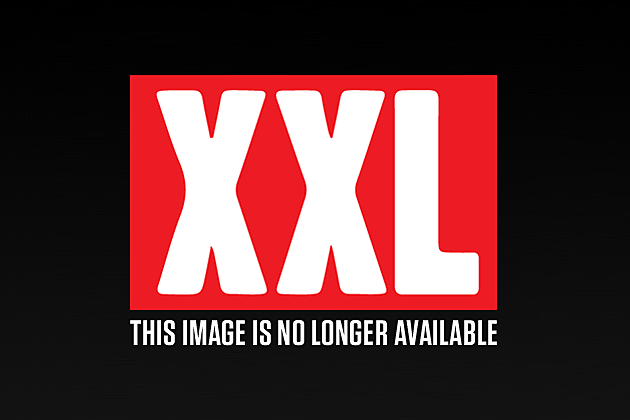 Then, Pusha says, hours after the meeting, word got out that BMG, Arista’s parent company, was dumping Reid and dissolving Arista into its sister label, Jive Records. Suddenly, a project that seemed to have all the momentum in the world ground to a halt.
Then, Pusha says, hours after the meeting, word got out that BMG, Arista’s parent company, was dumping Reid and dissolving Arista into its sister label, Jive Records. Suddenly, a project that seemed to have all the momentum in the world ground to a halt.
The changeover sent all Arista acts, including multi-platinum stars OutKast and Usher, over to Jive. But in the transition, the Neptunes and Star Trak somehow managed to break loose of their deal. According to sources close to the situation, though, in order to avoid being transferred to Jive, Star Trak had to agree to leave the Clipse behind, at least temporarily, until the labels could work out a separate situation for the group. So, while Star Trak quickly found a new home with Interscope, the Clipse stuck around at Jive, hoping to move forward with Hell Hath No Fury, which was by then virtually complete.
At first, Malice and Pusha took a wait-and-see approach. They felt like they had no real reason to worry. They were busy on the road, doing well, and feeling love from fans and media alike. There were questions, though, as to whether Jive could handle street hip-hop (the venerable label, once home to Schoolly D, KRS-One and A Tribe Called Quest, had become better known for teenybop acts like Britney Spears and ’N Sync). Suspicion grew in late 2004 when Jive released Mobb Deep’s Amerikaz Nightmare, a critically acclaimed record by hardcore rap icons that under-performed commercially in the eyes of many.
At this point, things get a bit fuzzy, because just about no one outside the Clipse’s camp wants to speak on the record—or speak at all—about the complex relationship between the group, Star Trak and Jive. Even Pharrell, when asked about the state of the Clipse’s new record, avoids discussing business and speaks only as hype-man: “It’s street music,” he says via email. “And the streets everywhere should prepare for this.” Malice and Pusha T, for their part, have made one thing very clear: They want off Jive.
More From XXL
